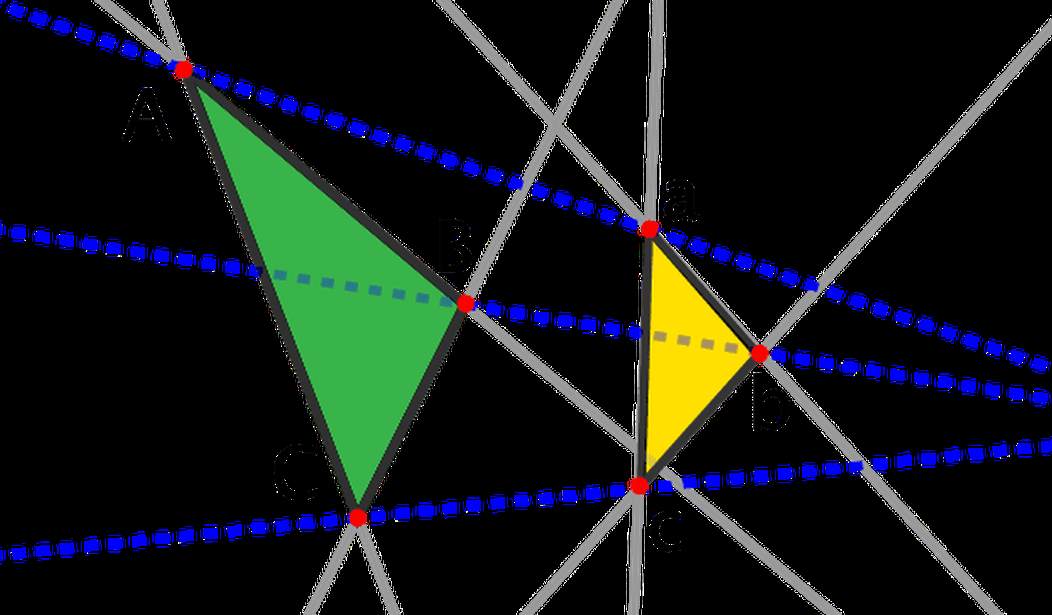“We hold these truths to be self-evident….”
We sometimes forget that Jefferson, even at 33, was a massively educated man. Almost everyone forgets that at the time, a proper education included a kind of formal training in mathematics and logic that hardly anyone receives today — the geometry of Euclid and the logic and rhetoric of Aristotle.
Today, some high school students take geometry, but high school geometry increasingly is analytic and conceptual; proofs are secondary, not central to the topic. But then formal logic and rhetoric are largely seen as outmoded, replaced by a notion that all truths are socially constructed, and the Law of the Excluded Middle is reactionary and non-inclusive.
So we lose both context and meaning because, frankly, we’re ignorant of things Jefferson expected all educated people to know.
In that sentence, Jefferson is referring to Euclid. A “self-evident truth” is an axiom, like “all right angles are equal to one another.” But axioms are something more than that — they are the basis from which further conclusions can be drawn by logical argument.
The Declaration as a whole is a logical argument that begins by stating its axioms:
- That all men (by which Jefferson meant humanity, humankind) are created equal;
- that by the very fact of their existence they have rights that inhere to them by their nature;
- that among these right — that is, there are other natural rights that Jefferson doesn’t assert for the purposes of his argument — are Life, Liberty, and the Pursuit of Happiness;
- that governments exist by the consent of the governed to secure — protect — those rights;
- that a government’s only reason or justification for existence is to secure those rights;
- and that a government’s only legitimacy and authority derives from that consent.
In that one sentence, Jefferson changes the world.
This was a revolutionary declaration in a much greater sense than merely announcing the separation of the colonies from the authority of the king and parliament. In that one sentence, Jefferson was explicitly declaring that no king, no aristocracy, exists or can exist except by accident, and that any authority a government holds is by consent.
But Jefferson went even further. He further asserted as an axiom that government’s only legitimate purpose is to protect those rights. By logical necessity, any other governmental action is illegitimate.
Talk about revolutionary. In one sentence, he defines the king and aristocracy out of legitimate existence and denies governments any legitimate power except to protect those rights that people, by their natures, already have.
Jefferson knew what he was doing, and his opinion never changed. In 1824, as an old man, Jefferson wrote to Henry Lee:
Men by their constitutions are naturally divided into two parties: 1. Those who fear and distrust the people, and wish to draw all powers from them into the hands of the higher classes. 2. Those who identify themselves with the people, have confidence in them, cherish and consider them as the most honest and safe, although not the most wise depositary of the public interests. In every country these two parties exist, and in every one where they are free to think, speak, and write, they will declare themselves. Call them, therefore, Liberals and Serviles, Jacobins and Ultras, Whigs and Tories, Republicans and Federalists, Aristocrats and Democrats, or by whatever name you please, they are the same parties still and pursue the same object. The last one of Aristocrats and Democrats is the true one expressing the essence of all.”
Don’t be misled by the orthography — today “Democrat” with a capital D means something different. He’s warning us against the people who at heart don’t believe in Jefferson’s axioms.










Join the conversation as a VIP Member